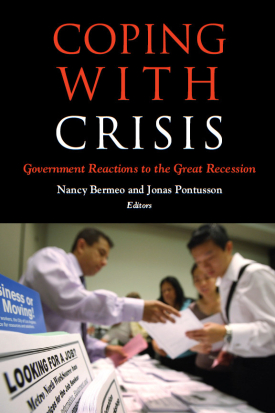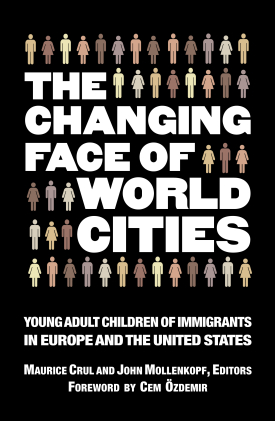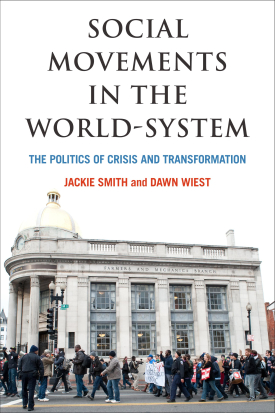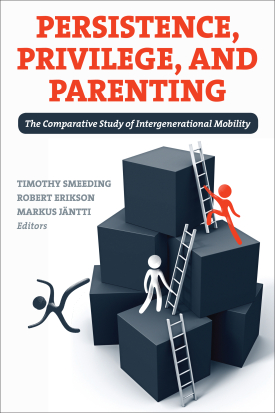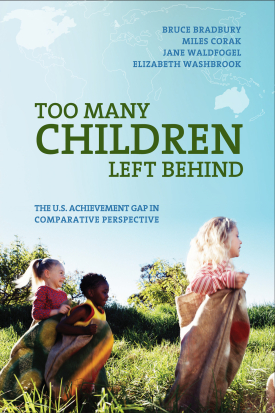
Too Many Children Left Behind
About This Book
“This carefully researched book documents that family background matters more in accounting for the academic success of children in the United States than for those in Canada, the United Kingdom, or Australia—all countries that have experienced similar economic shocks and have large immigrant populations. The authors make a compelling case that differences among the countries in social supports for families, labor market policies, and education policies all play roles in explaining this pattern. Too Many Children Left Behind will be sobering to readers in the United States, but it provides a source of hope that public policies matter in leveling the playing field and improving the life chances of children from low-income families.”
—RICHARD J. MURNANE, Thompson Research Professor, Harvard Graduate School of Education
“A devastating dismantling of the American Dream drawn from the most compelling data yet on children’s achievement during their early and formative years.”
—LEE ELLIOT MAJOR, chief executive, The Sutton Trust, and trustee, The Education Endowment Foundation
“It’s easy to think that the large achievement gap between rich and poor students in the United States is an immutable pattern, but the careful cross-national analysis in Too Many Children Left Behind suggests the opposite. The book’s detailed comparison of patterns of educational inequality in four countries demonstrates clearly that social and educational policies can help to equalize children’s opportunities for educational success.”
—SEAN F. REARDON, professor of poverty and inequality in education, Stanford University
The belief that with hard work and determination, all children have the opportunity to succeed in life is a cherished part of the American Dream. Yet, increased inequality in America has made that dream more difficult for many to obtain. In Too Many Children Left Behind, an international team of social scientists assesses how social mobility varies in the United States compared with Australia, Canada, and the United Kingdom. Bruce Bradbury, Miles Corak, Jane Waldfogel, and Elizabeth Washbrook show that the academic achievement gap between disadvantaged American children and their more advantaged peers is far greater than in other wealthy countries, with serious consequences for their future life outcomes. With education the key to expanding opportunities for those born into low socioeconomic status families, Too Many Children Left Behind helps us better understand educational disparities and how to reduce them.
Analyzing data on 8,000 school children in the United States, the authors demonstrate that disadvantages that begin early in life have long lasting effects on academic performance. The social inequalities that children experience before they start school contribute to a large gap in test scores between low- and high-SES students later in life. Many children from low-SES backgrounds lack critical resources, including books, high-quality child care, and other goods and services that foster the stimulating environment necessary for cognitive development. The authors find that not only is a child’s academic success deeply tied to his or her family background, but that this class-based achievement gap does not narrow as the child proceeds through school.
The authors compare test score gaps from the United States with those from three other countries and find smaller achievement gaps and greater social mobility in all three, particularly in Canada. The wider availability of public resources for disadvantaged children in those countries facilitates the early child development that is fundamental for academic success. All three countries provide stronger social services than the United States, including universal health insurance, universal preschool, paid parental leave, and other supports. The authors conclude that the United States could narrow its achievement gap by adopting public policies that expand support for children in the form of tax credits, parenting programs, and pre-K.
With economic inequalities limiting the futures of millions of children, Too Many Children Left Behind is a timely study that uses global evidence to show how the United States can do more to level the playing field.
BRUCE BRADBURY is associate professor at the Social Policy Research Centre at the University of New South Wales, Australia.
MILES CORAK is professor of economics at the Graduate School of Public and International Affairs at the University of Ottawa.
JANE WALDFOGEL is professor of social work and public affairs at the Columbia University School of Social Work and visiting professor at the Centre for Analysis of Social Exclusion at the London School of Economics and Political Science.
ELIZABETH WASHBROOK is lecturer in Quantitative Methods for Education at the Graduate School of Education and a member of the Centre for Multilevel Modelling at the University of Bristol, United Kingdom.




